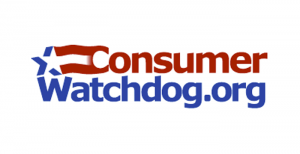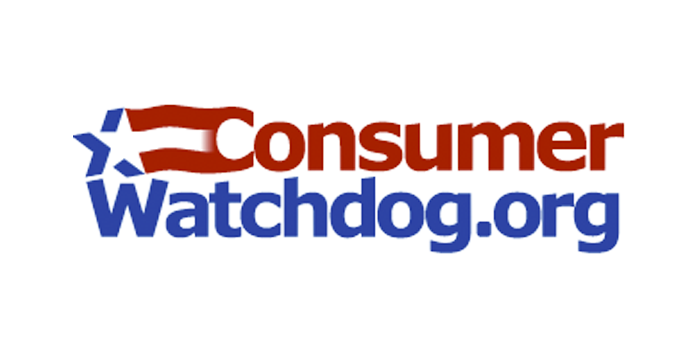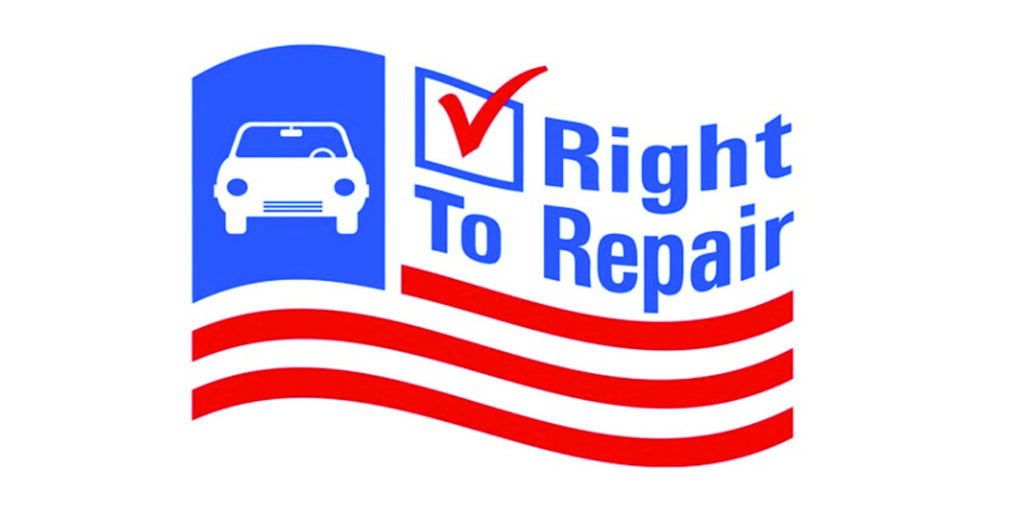 Draft regulations covering self-driving robot cars were issued recently by the California Department of Motor Vehicles (DMV), incorporating a key safety provision advocated by Consumer Watchdog that requires the robot cars to have a steering wheel and pedals and be occupied by a licensed driver capable of taking control of the vehicle.
Draft regulations covering self-driving robot cars were issued recently by the California Department of Motor Vehicles (DMV), incorporating a key safety provision advocated by Consumer Watchdog that requires the robot cars to have a steering wheel and pedals and be occupied by a licensed driver capable of taking control of the vehicle.
The draft regulations also require a third-party testing organization to conduct a vehicle test to provide an independent performance verification of the vehicle. This is in addition to the manufacturer being required to certify the robot car meets safety and performance standards, according to Consumer Watchdog, a nonprofit advocacy group that is closely following the proceedings.
“The privacy regulations are essential,” said John Simpson, Consumer Watchdog privacy project director. “Robot car technology should be about getting you from point A to B, not about collecting data on everything you did along the way for the company to use however it wants.”
Read the California DMV’s draft regulations here.
The draft regulations also include important privacy and cybersecurity protections. Manufacturers must disclose to the operator if information is collected, other than the information needed to safely operate the vehicle. Manufacturers will be required to obtain approval to collect this additional information, the DMV said. Autonomous vehicles will be equipped with self-diagnostic capabilities that detect and respond to cyber-attacks or other unauthorized intrusions, alert the operator and allow for an operator override.
The California DMV draft rules also limit deployment of an approved robot car to three years and will require manufacturers to report monthly on the performance, safety and usage of autonomous vehicles.
The California DMV plans to hold two public workshops next year to discuss the draft regulations — on Jan. 28 in Sacramento and on Feb. 2 in Los Angeles. After the workshops, the California DMV will propose formal regulations. With public hearings and the required approval process, the regulations probably won’t take effect for at least a year.
Currently, the California DMV has regulations in effect that cover testing robot cars. Eleven companies have been approved to test robot cars on California’s highways. They are: Volkswagen Group of America, Mercedes Benz, Google, Delphi Automotive, Tesla Motors, Bosch, Nissan, Cruise Automation, BMW, Honda and Ford. Ford just announced it would begin testing a self-driving car in California starting in January.
Under the rules, companies must file reports of any crashes involving the self-driving cars. Read the robot car crash reports filed since September with the DMV here.











